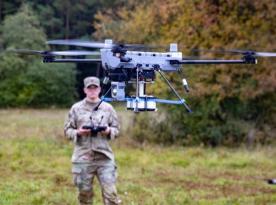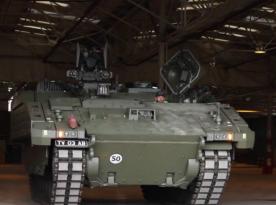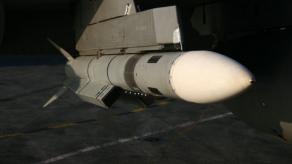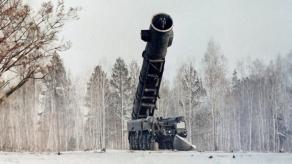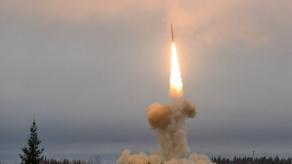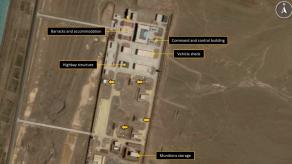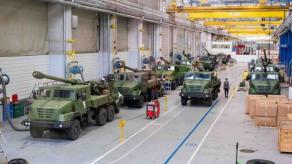U.S. Air Force plans to lease over 1,200 hectares of its land for the construction of commercial artificial intelligence data centers and not for any classified or defense-related AI projects, but purely for private business. What's more concerning is that one of the bases involved houses B-21 bombers and F-22 fighters.
The competitive proposal covers seven Air Force bases Edwards, Davis-Monthan, Arnold, Robins, and McGuire-Dix-Lakehurst totaling around 3,100 acres, or roughly 1,254.5 hectares. To qualify, each data center must consume over 100 megawatts of additional power and cost at least $500 million. A final selection is expected by January 2026, with lease terms lasting up to 50 years.
Read more: Rafale Fighters Could Free Ukraine from Foreign Limits or Make Them Worse

The decision stems from a White House directive to expand America's AI infrastructure and capabilities. While the initiative may seem forward-thinking, it raises serious questions about security especially since the call for proposals includes no requirement to prioritize military or government use.
Allowing private companies onto Air Force bases could open the door to espionage, sabotage, or technology theft. This concern is most acute at Edwards AFB, which will allocate over 2,100 acres for development and is home to F-22 fighters and testing of advanced aircraft like the B-21 bomber.

Even with strict NDAs and oversight by intelligence services, the influx of civilian contractors will make full control difficult and potential security breaches easier. Beyond that, leasing out land could limit future base expansion or modernization a risky move, particularly in wartime scenarios.
Some might compare this situation to what happened in Ukraine after the collapse of the USSR, when military land was repurposed for commercial use. The difference here is that the U.S. process is legal and theoretically beneficial to the state. Yet it's hard to see how turning parts of key airbases into AI business hubs could truly strengthen national defense.
Read more: U.S. Turns to France's Caesar Howitzer as M777 Replacement — 400 Planned, Triple Ukraine's Total





